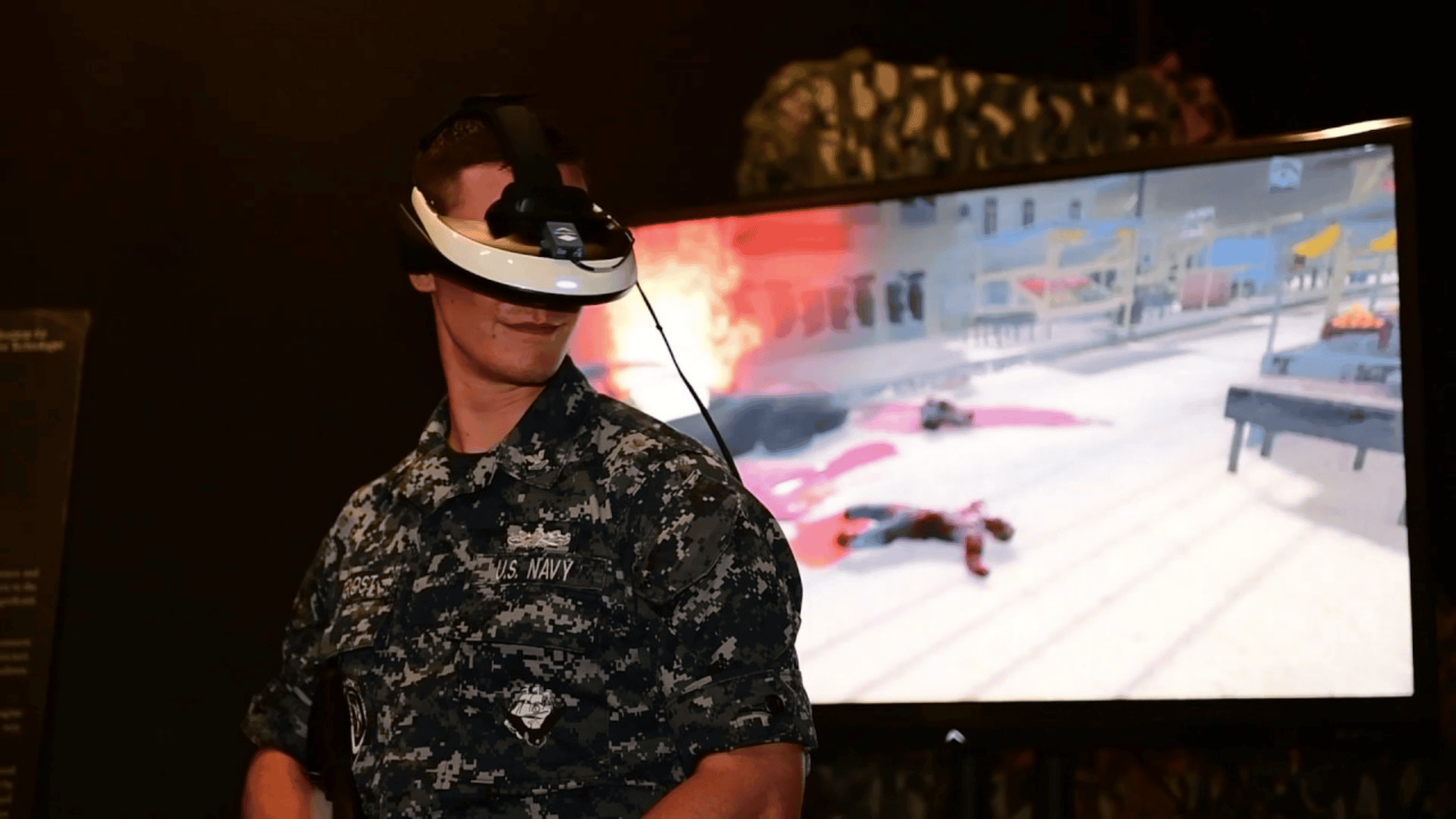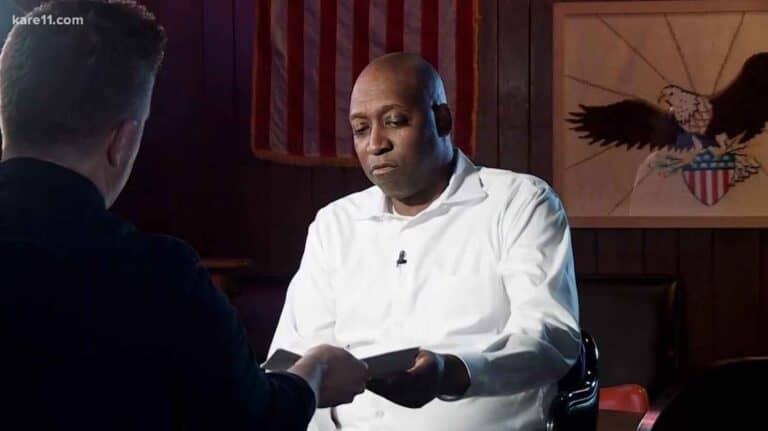Immersive Healing: VR Treatment for PTSD Now Available at More VA Sites
Veterans living with unresolved combat trauma are getting access to a new kind of therapy — an immersive, Virtual Reality Exposure Therapy (VRET) called BraveMind, donated and supported by the nonprofit SoldierStrong. Deployed across more than 30 VA medical centers, this cutting-edge tool is transforming how PTSD treatment happens — and offering real hope for recovery. (news.va.gov, nextgov.com)
What BraveMind Is and How It Works
BraveMind simulates realistic combat scenarios — bustling Iraqi markets, desert roads, urban checkpoints — letting a veteran re-enter the context of trauma within a controlled, therapeutic environment. Each scene is customizable: visuals, sounds, vibrations, even scent cues recreate the memory at a pace the veteran can handle.
Clinicians guide the veteran through the exposure, empowering them to face difficult memories safely and gradually reduce their emotional intensity.
Why This Breakthrough Matters
- Evidence-backed results: Studies show BraveMind reduces PTSD and depression symptoms. In one trial, veterans’ diagnostic scores dropped from an average of 54.4 to 35.6 after just 11 sessions.
- Veteran-preferred treatment: In controlled studies, 76% of participants preferred VR over traditional therapy — especially those dealing with co-occurring conditions like major depression.
- Broad impact: With installations at over 30 VA sites and continued expansion, more veterans — especially disabled vets with PTSD — can access non-pharma, immersive therapies tailored to their trauma types.
Voices from the Field …
“I was skeptical at first… But it’s an enhancement to treatment that the therapist provides and it will help us do our jobs better.” ~ Christy Tubbs, Therapist at Syracuse VA Clinic, referencing BraveMind’s impact.
BraveMind has appeared at VA Innovation Summits, where clinicians report its potential to transform pain management, chronic PTSD, and veteran suicide prevention.
What Veterans Should Know …
- Ask your VA clinic: See if BraveMind is available locally — or can be referred to a participating VA center.
- Bring BraveMind into your treatment talk: If you’re dealing with PTSD, chronic pain, or suicidal ideation, you may qualify for VR exposure therapy.
- Stick with treatment: BraveMind is most effective when used consistently — usually over 7 to 11 guided sessions.
- Inquire with VSOs: Some Veterans Service Organizations help coordinate access to immersive therapy.
Final Thoughts: A New Frontier in Healing
VR therapy like BraveMind isn’t just high-tech — it’s human. It rebuilds connection between memory and emotion, helping veterans reclaim their lives from trauma.
The VA’s resurgence into immersive technology reflects a vital shift: no veteran left behind — not even when the wound is invisible. BraveMind is proof that healing can be high-definition, measurable, and accessible.



Does this VR system simulate night aerial combat missions with AAA and SAMs?
Rhett Puder and many others at VHA should be executed.🪑⚡🔥
That’s if you can pass the screening for personality disorder. They just gotta try to fuck people every chance they get, which on itself is rediculous, because all they have to do is tell you you’ll not receive care and that’s the end of it. Our Supreme Court has given them this kind of ability.
The VA added PD into my medical record in 2020… NEVER, in my 6.5 years of service, nor my childhood medical records was I ever marked with a PD. Personality Disorder is a DSM tool they’ve used to kick out tens of THOUSANDS of service members from the military.(See the Congressional testimony) I’ve spent the last 5 years trying to get the VA to remove the ILLEGAL diagnosis… that was annotated in my VA medical record by a “SOCIAL WORKER” I had never met with… not a shrink or certified mental health rep… with NO work-up or evaluation. This Social Worker was pissed that I hung up on him during a phone call for being a condescending bureaucrat during the Covid fiasco. And now PD pops up on my VA “conditions” list every time I visit the VA.